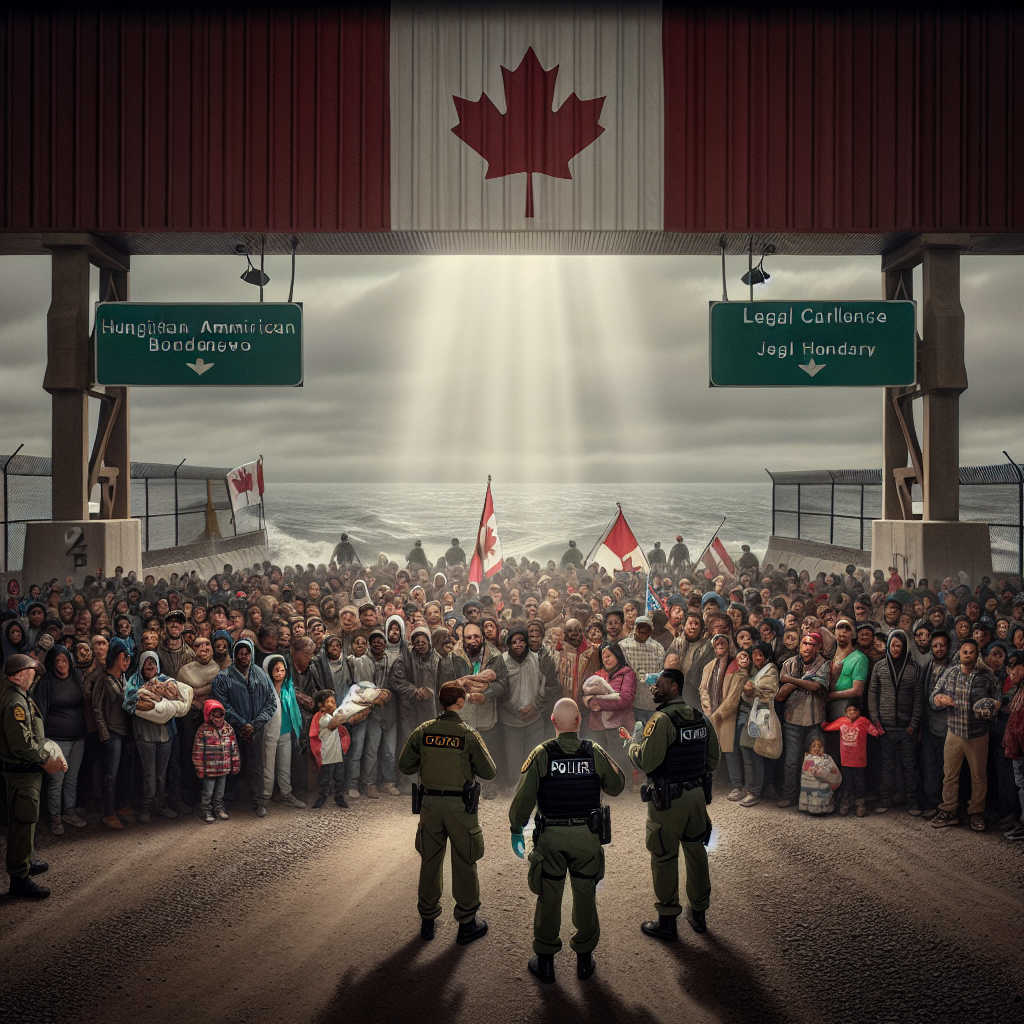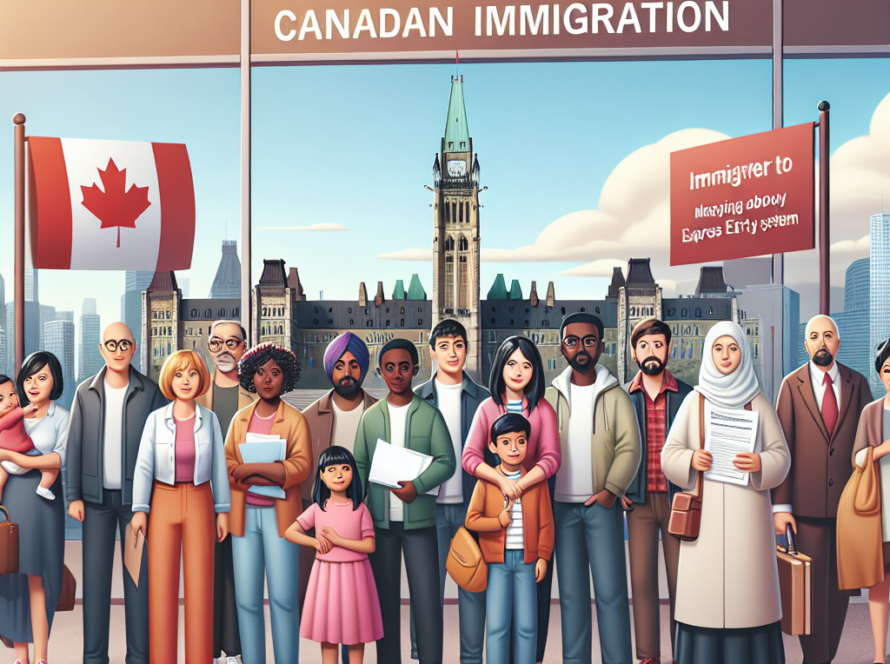Legal Review Could Enhance Canada’s Refugee Protections

Canada’s Safe Third Country Agreement Under Legal Scrutiny: A Chance for Evolution in Refugee Policy
Canada has a longstanding reputation as a refuge for those fleeing violence and persecution. However, the Safe Third Country Agreement (STCA) with the United States—implemented in 2004—now faces a legal challenge that could reshape the landscape of Canadian immigration policy. Advocates argue that the evolving U.S. immigration environment may no longer align with the high humanitarian standards Canadians expect.
Understanding the STCA
The STCA stipulates that most asylum seekers arriving at official land border crossings from the U.S. cannot claim refugee status in Canada. The agreement is predicated on the belief that both nations provide adequate protection for refugees. Key features include:
- Geographical Limitations: Applies only to official border crossings.
- Assumed Safety: Both countries are considered safe for refugees.
- Exceptions: Certain cases, such as family connections in Canada, allow for exceptions.
Despite its intentions, the STCA is now under scrutiny as conditions in the U.S. have changed significantly, raising concerns about the safety and treatment of asylum seekers.
The Current Legal Challenge
The challenge, brought forth by the Canadian Association of Refugee Lawyers (CARL) and the South Asian Legal Clinic of Ontario (SALCO), centers on several crucial issues:
- Transparency: Canada has failed to conduct a public review of U.S. refugee protection standards since 2009, despite legal obligations.
- U.S. Policy Shifts: Recent U.S. immigration measures, including heightened detentions and expedited deportations, threaten the due process rights of vulnerable migrants.
- Constitutional Concerns: The potential return of asylum seekers to the U.S., where they may face danger, raises serious legal and ethical questions.
This legal challenge is not a critique of Canada’s immigration framework per se but rather an opportunity to affirm and enhance its commitment to protecting vulnerable populations.
The Implications for Refugees and Canada’s Role
The ongoing judicial review of the STCA represents a pivotal moment for Canada, showcasing its willingness to reassess and improve its immigration policies. Possible outcomes may include:
- Enhanced Transparency: Greater clarity and public access to decisions surrounding the STCA.
- Broader Asylum Access: Expanded pathways for individuals fleeing immediate danger.
- Stronger Protections: Reinforced measures to ensure fair hearings and humane treatment for all refugee claimants.
This case underscores Canada’s readiness to adapt and uphold its values, reinforcing its position as a global leader in refugee protection.
Canada’s Commitment to Humanitarian Immigration
In a world where many countries are tightening their borders, Canada continues to champion humanitarian immigration. The legal scrutiny of the STCA illustrates not a failure, but rather a robust and responsive approach to immigration policy. Significant points that highlight Canada’s leadership include:
- Resettlement Initiatives: Canada welcomes thousands of refugees annually, providing both government-assisted and privately sponsored programs.
- Long-term Support: Comprehensive assistance, including healthcare and education, is provided to refugees, ensuring their successful integration.
- Ongoing Reviews: Canadian immigration policies are regularly evaluated to maintain transparency and accountability.
Rather than shying away from criticism, Canada embraces it as an opportunity to refine its international obligations and enhance its humanitarian approach.
Conclusion
The legal challenge to the Safe Third Country Agreement reflects Canada’s evolving immigration landscape, emphasizing the country’s commitment to fairness and dignity for all seeking safety. As the legal process unfolds, it will serve as a testament to Canada’s role as a beacon of hope for those in need and its determination to remain a leader in just and compassionate immigration practices. By actively engaging with criticism and adapting its policies, Canada not only honors its humanitarian roots but also sets an example for other nations facing similar challenges.



